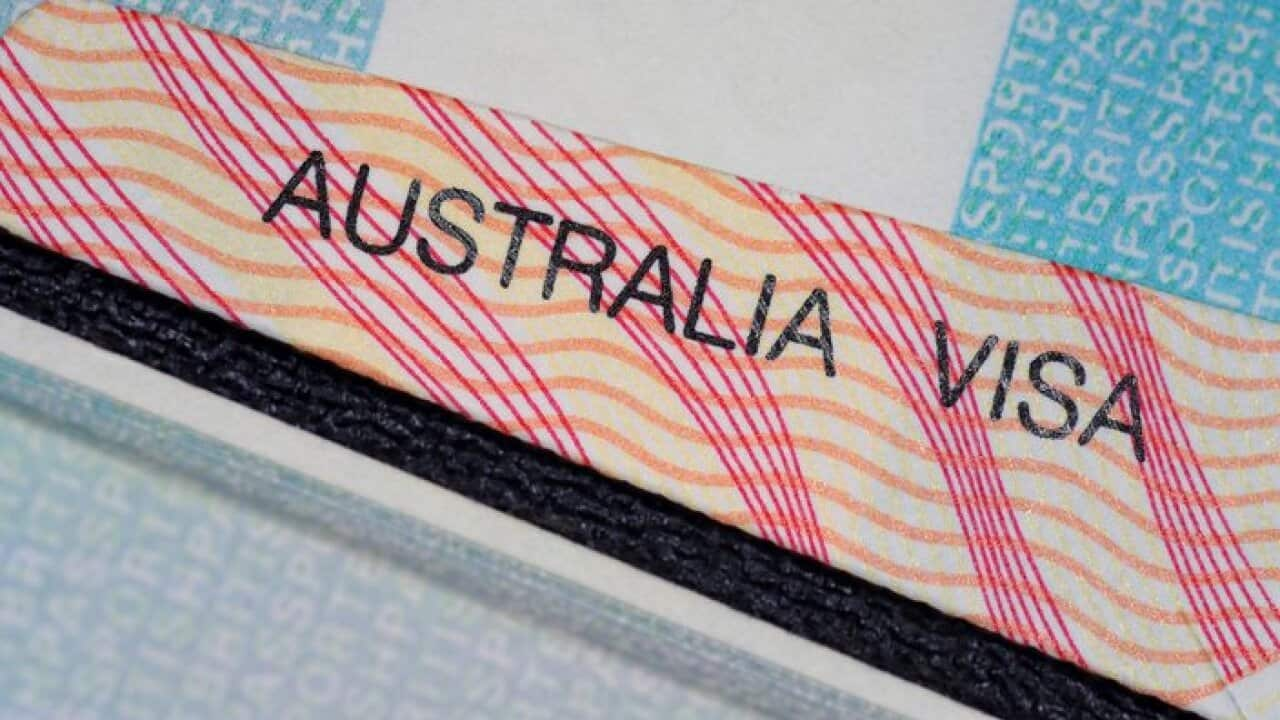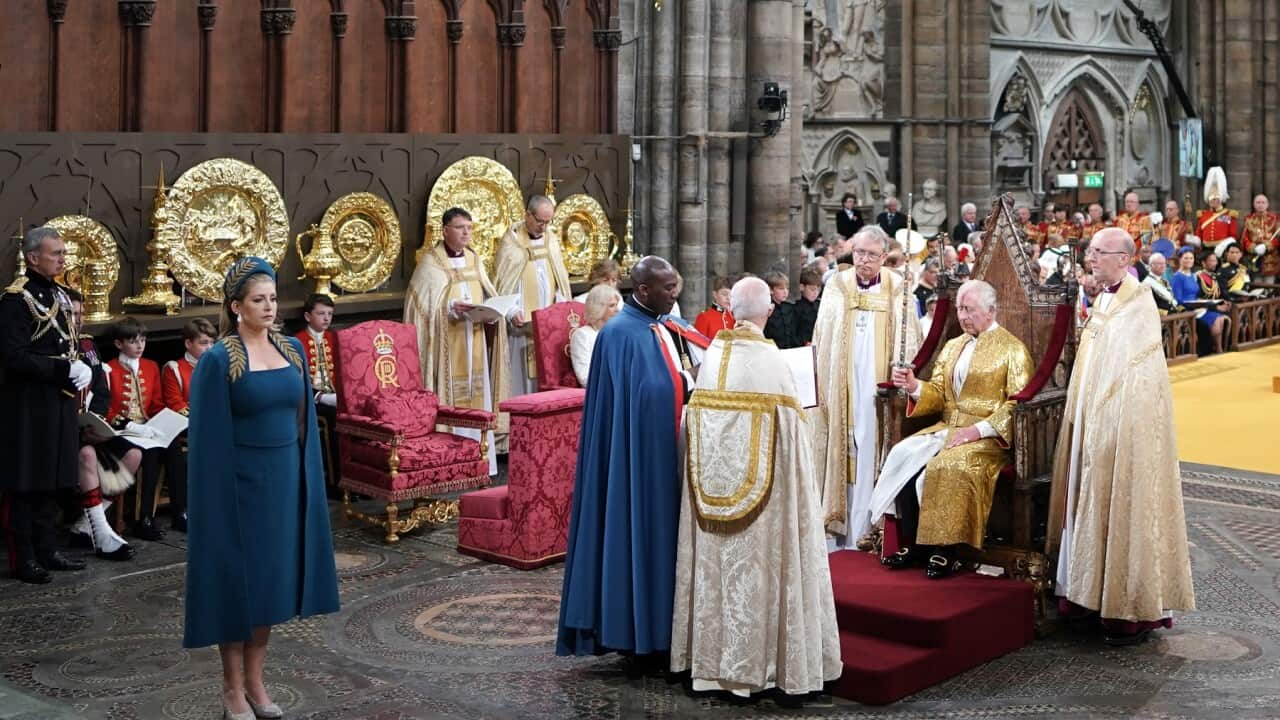One of the major changes related to visa is the replacement of the 457 visa with the new Temporary Skill Shortage -or TSS- visa. It will happen in March.
The new TSS visa will be divided into two streams, Short-Term and Medium-Term.
Michael Walker is the Visa Services Manager at TSS Immigration, a migration agency based in Melbourne.
"Sponsors nominating occupations on the short-term list will only provide the visa applicant with a two-year stay in Australia, with only one option to extend for a further two years. However, on the medium to long-term list, these visa applicants will get a four-year visa, and that visa holder will be able to transition into permanent residency, under the nomination of the same sponsor, after being on the TSS visa for a period of three years," Mr Walker said.
Visa holders in the short-term stream won't have a pathway to permanent residency.
It's important to note that there will be more requirements under the TSS visa than the 457.
Nilesh Nandan is special counsel with My Visa Australia, a national immigration practice.
He says that applicants will need to have a higher level of English and more work experience.
He also warns that the TSS visa will cost more than the 457 for employers.
Another change that is expected this year is linked to the partner visa.
The government would like to implement a two-step process where the sponsor needs to be approved before the partner lodges an application.
In 2017, the government also announced a new temporary sponsored parent visa.
The bill enabling the visa to come into effect still needs to be approved by the Senate.
The three-year-visa would cost $5000, the five-year-visa $10,000 and the 10-year-visa $20,000.
Once the visa-holder has been in Australia for 10 years, they wouldn't be able to reapply and wouldn't have a pathway to permanent residency.
Michael Walker says the government is also expected to bring back an amended version of its citizenship bill, which would toughen the conditions to obtain citizenship.
"The proposed change is that they would need to be a permanent resident for at least four years before being able to be eligible to apply for citizenship and as I said, a higher English language standard," Mr Walker said.
While we have an idea of the visa changes coming this year, a lot of them are not set in stone and could change again.
If you think you might get affected by those changes, keep an eye on the Department of Home Affairs' website homeaffairs.gov.au to stay up to date.





